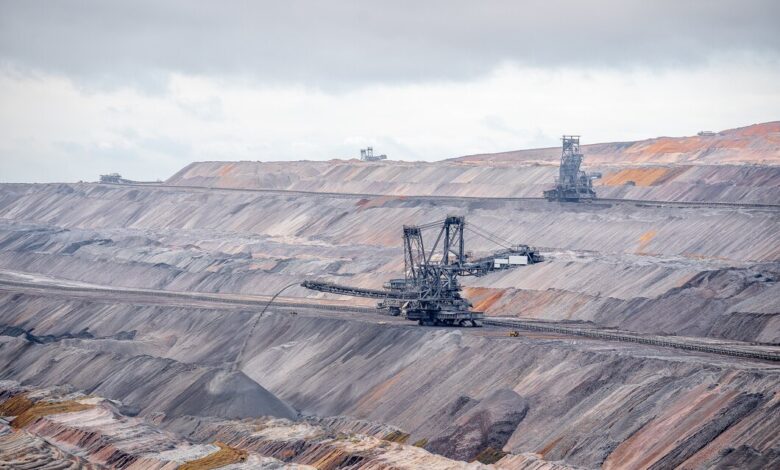The 10 Largest Mining Sites in Nigeria

Nigeria is endowed with a wealth of natural resources, making it a significant player in the mining industry. From precious metals to industrial minerals, the country has diverse mining sites that contribute to its economy. Below are ten of the largest mining sites in Nigeria, showcasing the nation’s rich mineral landscape.
1. Obuasi Gold Mine
Located in the Ashanti Region, the Obuasi Gold Mine is one of the largest gold mines in Nigeria and has been operational since the 19th century. This site has produced significant amounts of gold and is renowned for its rich deposits. The mine is operated by AngloGold Ashanti and remains a pivotal contributor to the Nigerian gold sector.
2. Itakpe Iron Ore Mine
The Itakpe mine, located in Kogi State, is one of Nigeria’s largest iron ore deposits. Operated by the National Iron Ore Mining Company, Itakpe supplies iron ore for local steel production and is integral to the country’s efforts to enhance its steel industry.
3. Ajaokuta Steel Company
Though not a mining site in the traditional sense, the Ajaokuta Steel Company in Kogi State is crucial for its raw materials sourcing. This steel mill, once operational, will rely heavily on iron ore from the Itakpe mine, creating a significant industrial synergy in the region.
4. Bauchi Talc Mine
The Bauchi Talc Mine is one of Nigeria’s primary sources of talc, a mineral used in various industries, including cosmetics and pharmaceuticals. The mine is part of the larger Bauchi state mining project, which has attracted considerable investment aimed at boosting talc production.
5. Tin Mining in Jos Plateau
The Jos Plateau is famous for its tin deposits, particularly in the city of Jos. Historically, this area was one of the world’s leading tin producers. Although production has declined, the remnants of extensive mining activities can still be seen, and efforts are being made to revitalize this sector.
6. Okolom Dogon Daji Gold Mine
Located in Zamfara State, the Okolom Dogon Daji Gold Mine is another significant gold deposit in Nigeria. The site has attracted numerous small-scale miners and artisanal operations, contributing to local economies despite challenges related to illegal mining practices.
7. Nigerian Cement Company (NIGERCEM)
While primarily a cement production site, NIGERCEM in Nkalagu, Ebonyi State, relies heavily on limestone mining. This large site has been critical for supplying cement, which is vital for Nigeria’s construction sector.
8. Calabar Sand Dunes
The Calabar Sand Dunes, located in Cross River State, are significant for their silica sand deposits. These dunes are essential for the production of glass and other industrial products, making them a valuable resource for both local and international markets.
9. Lead-Zinc Mining in Enugu
Enugu State is known for its lead and zinc deposits. The mining of these metals has been historically significant in the region, contributing to both local economies and broader industrial activities. Despite declining output, efforts are underway to reinvigorate mining activities in this area.
10. Nasarawa State Marble Mines
Nasarawa State is often referred to as the “Home of Solid Minerals.” The marble mines in this region are some of the largest in Nigeria, providing high-quality marble for construction and decorative purposes. The industry has significant potential for growth as demand for marble increases in both domestic and international markets.
Nigeria’s mining sector holds immense potential for economic growth and job creation. The above-listed sites highlight the diversity of the country’s mineral resources, from gold and iron ore to limestone and talc. However, to fully realize this potential, the government must address challenges such as illegal mining practices, environmental concerns, and the need for improved infrastructure. By investing in the mining sector, Nigeria can harness its natural resources for sustainable development and economic prosperity.




